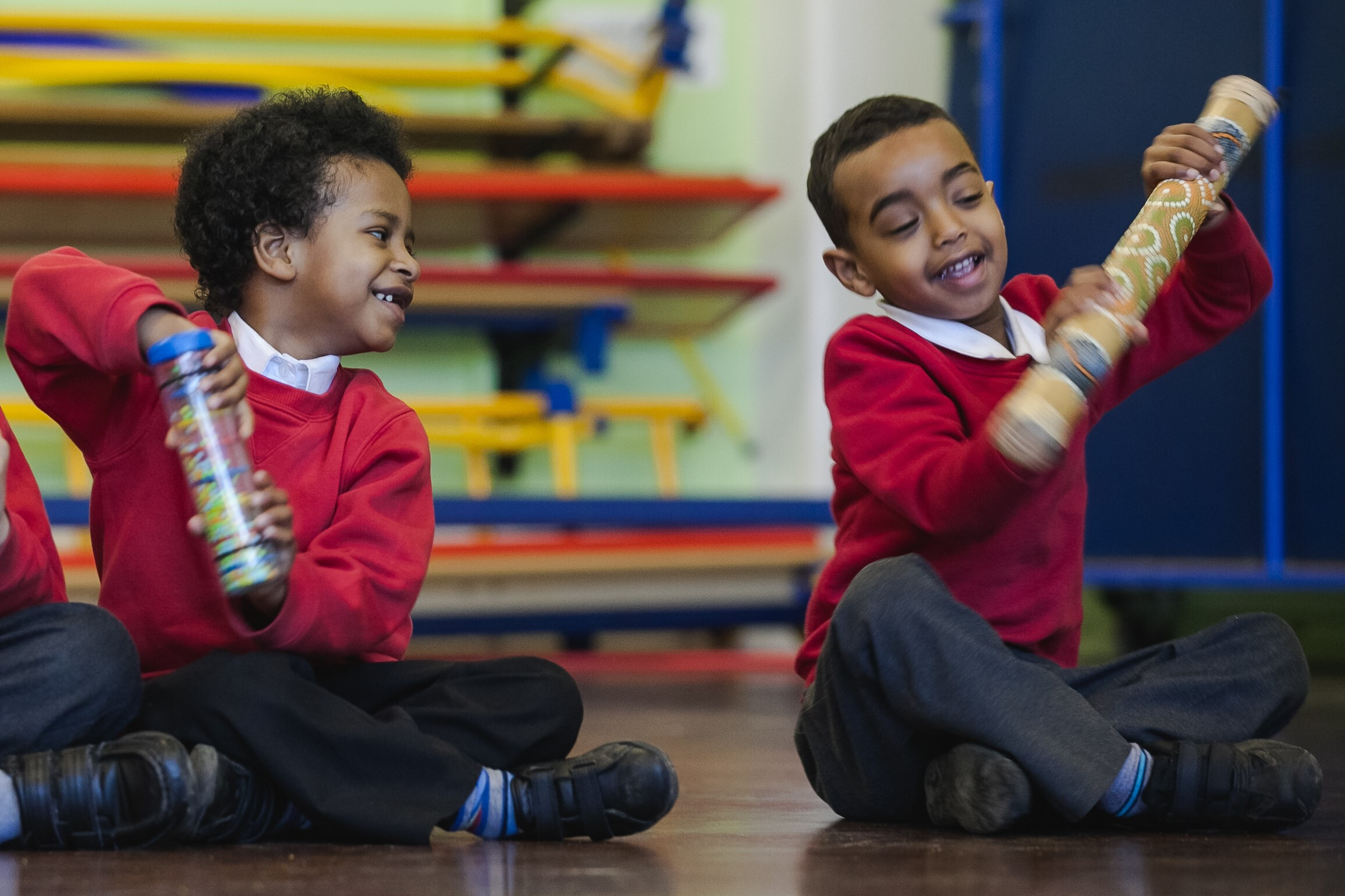Congratulations on stepping into the role of a Music Lead in a primary school! As the custodian of the school’s musical journey, you play a crucial role in fostering a love for music, developing musical skills, and providing enriching experiences for children. This blog post aims to offer new Music Leads an insight into what is expected of them and what it takes to excel in this important position.
Understanding the Primary School Music Curriculum: As a Music Lead, one of your primary responsibilities is to have a thorough understanding of the national curriculum guidelines for music in primary schools. Familiarise yourself with the objectives, skills, and knowledge that need to be covered across different key stages. This will ensure that you can effectively plan, deliver, and assess music lessons, providing a comprehensive education to your children.
Developing a Music Curriculum: Creating a vibrant and inclusive music curriculum is a key aspect of your role. You will be expected to design a curriculum that encompasses a broad range of musical experiences, including singing, playing instruments, composing, and listening. Collaborate with colleagues to align your music program with other subjects, such as history, geography, and literacy, to enhance cross-curricular learning opportunities. Struggling with where to start? Why now download our free Music toolkit here which includes a full curriculum overview.
Facilitating Child Engagement: Good performance as a Music Lead involves engaging and inspiring students to actively participate in music activities. Encourage a positive and inclusive atmosphere in your classroom, where every child feels valued and confident to express themselves through music. Incorporate a variety of teaching strategies, such as games, group work, and performance opportunities, to cater to diverse learning styles and abilities.
Professional Development: To excel as a Music Lead, it is essential to continually develop your own musical skills and knowledge. Attend workshops, conferences, and training sessions to enhance your understanding of music education pedagogy, learn new teaching techniques, and stay up to date with the latest resources and technologies. Embrace opportunities to collaborate with other Music Leads, both within your school and beyond, to share ideas and best practices. We recommnend this facebook group dedicated to Primary School Music Leads, a fantastic place to share, collaborate or juts chat to other Music leads across the county.
Leading Extra-Curricular Activities: Beyond the classroom, you may be expected to co-ordinate and lead extra-curricular music activities, such as choirs, bands, or orchestras. These opportunities provide students with a chance to deepen their musical skills, develop teamwork, and experience the joy of performing. Organise regular rehearsals, plan performances, and foster a supportive environment that nurtures the musical talents of your children.
Assessment and Progress Monitoring: Effective assessment and progress monitoring are vital in evaluating child development and ensuring the success of your music curriculum. Establish clear assessment criteria aligned with the curriculum objectives and regularly track individual progress. Provide constructive feedback to children, celebrate their achievements, and identify areas for improvement.
Building Relationships: As a Music Lead, you will collaborate closely with colleagues, parents, and external music organisations. Foster positive relationships by sharing your expertise, supporting colleagues in integrating music across the curriculum, and involving parents in music-related events. Seek partnerships with local music organisations or professional musicians to bring exciting opportunities and experiences to your children.
Becoming a Music Lead in a primary school is an exciting and fulfilling role. By understanding the curriculum, designing an engaging program, fostering child participation, pursuing professional development, leading extra-curricular activities, assessing progress, and building relationships, you will set the stage for a thriving musical journey for your children. Embrace the challenges, be passionate about music, and watch as the transformative power of music unfolds in the lives of the young minds you guide and inspire.



